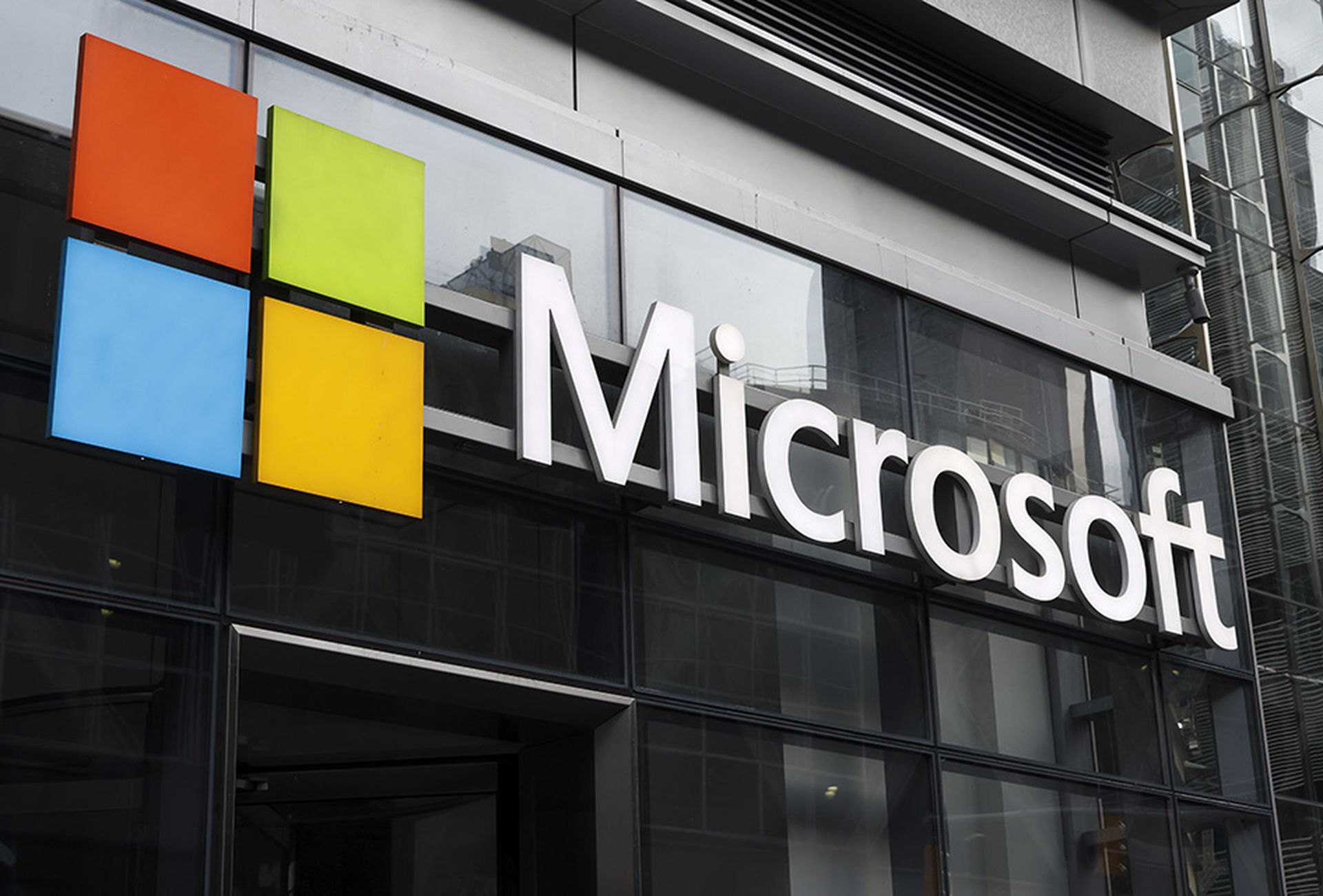Microsoft is “doubling down” on making cybersecurity its top priority, CEO Satya Nadella told analysts in its recent fiscal Q3 2024 earnings call.
“Security underpins every layer of our tech stack, and it’s our number one priority,” Nadella said.
Still, it's worth noting that not one analyst on the conference call asked Nadella about Microsoft's cybersecurity posture.
“We launched our Secure Future Initiative last fall for this reason, bringing together every part of the company to advance cybersecurity protection, and we are doubling down on this very important work, putting security above all else — before all other features and investments,” he said.
Secure Future is Microsoft’s umbrella for the tech giant’s software engineering process, meant to enable its software to be secure by default and revolving around artificial intelligence.
Secure Future's Six Pillars
Nadella said Microsoft is focused on making progress on the six pillars of the Secure Future Initiative as the company works to:
“We remain committed to sharing our learnings, tools, and innovation with customers,” Nadella said, pointing to Copilot for Security, which brings “together LLMs (large language models) with domain-specific skills informed by our threat intelligence and 78 trillion daily security signals, to provide security teams with actionable insights.”
The comments come after Microsoft suffered an email breach in 2023 that exposed its senior leadership team and employees in its cybersecurity, legal and other functions. In April the U.S. Cybersecurity and Infrastructure Security Agency (CISA) issued an emergency directive telling all federal civilian executive branch (FCEB) agencies to guard against attacks from the Russia-linked Midnight Blizzard hackers currently leveraging compromised Microsoft email accounts.
Server Breach Draws Harsh Criticism
Nadella’s remarks come just weeks after scorching criticism of the company’s security practices from the Cyber Safety Review Board (CSRB) who in early April took a sledgehammer to Microsoft's 2023 Exchange Server breach.
Specifically, the CSRB called a break-in of top government officials' emails last year "preventable," faulting Microsoft for its cybersecurity lapses and a deliberate lack of transparency.
The board said in its report that it identified a series of decisions by Microsoft that had decreased enterprise security, risk management and fostered mistrust from customers to protect their data and operations.
In a seven-months long investigation included interviews with 20 organizations and experts including cybersecurity companies, technology companies, law enforcement organizations, security researchers, academics, as well as several impacted organizations. The CSRB concluded that Microsoft’s corporate culture emphasized speed over risk management.
The CSRB’s review identified a series of Microsoft operational and strategic decisions that “collectively pointed to a corporate culture that deprioritized enterprise security investments and rigorous risk management, calling it “at odds” with the company's central position in IT and eroding the trust of its customers.
Microsoft Errors Deemed Avoidable
The intrusion was the result of a “cascade” of avoidable errors, the CSRB said, including:
“The Board finds that this intrusion was preventable and should never have occurred. The Board also concludes that Microsoft’s security culture was inadequate and requires an overhaul,” the CSRB said.
CSRB's Recommendations to Microsoft
The Board recommended that Microsoft develop and publicly share a plan with specific timelines to make fundamental, security-focused reforms across the company and its suite of products. Microsoft fully cooperated with the Board’s review.
The CSRB also recommended specific actions to all cloud service providers and government partners to improve security and build resilience against the Chinese government-backed Storm-0558 cyber crew that carried out the operation, and other cyber crews.
Recommendations include:
As a result of the CSRB’s recommendations, the Cybersecurity and Infrastructure Security Agency (CISA) plans to convene major CSPs to "develop cloud security practices aligned with the CSRB recommendations and a process for CSPs to regularly attest and demonstrate alignment."




